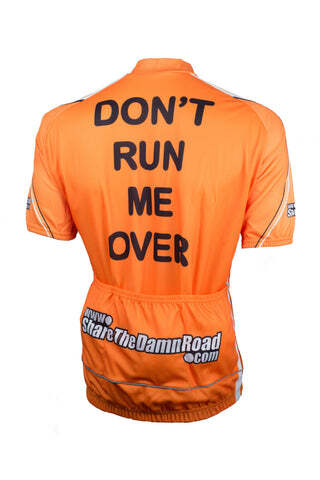culpritus [any]
- 120 Posts
- 469 Comments
 10·3 days ago
10·3 days ago

this happens to me whenever I walk past a wiring closet “Intermediate Distribustion Frame” labeled with only the initials
Holding a T-square like a hammer
If you can’t see a better future, Build One.

Is this communist propaganda in my hollywood slop?

 64·6 days ago
64·6 days ago“I have a deep-seated fear,” he told me, “that the Black struggle will ultimately, at its root, really just be about narrow Black interest. And I don’t think that is in the tradition of what our most celebrated thinkers have told the world. I don’t think that’s how Martin Luther King thought about the Black struggle. I know that’s not how Du Bois thought about the Black struggle. I know that’s not how Baldwin thought about the Black struggle. Should it turn out that we have our first Black woman president, and our first South Asian president, and we continue to export 2,000-pound bombs to perpetrate a genocide, in defense of a state that is practicing apartheid, I won’t be able to just sit here and shake my head and say, ‘Well, that is unfortunate.’ I’m going to do what I can in the time that remains, and the writing that I have, to not allow that to be, because that is existential death for the Black struggle, and for Black people, as far as I’m concerned.”
He’s starting to understand it seems. Too bad he doesn’t have any real theory enjoyers in his personal circles. He could really use some about now.

 2·8 days ago
2·8 days agoHell ya, they are awesome. Mdou Moctar, Bombino and Imarhan are also really good.

 2·8 days ago
2·8 days agoMr. Taha recorded “Rock El Casbah,” an Arabic-language version that tricks out the song’s familiar melody with swooping, Egyptian-style strings, Moroccan flute, qanun and other traditional instruments. The result – “Rock the Casbah” sung as though inside the Casbah – deepens the song’s ambiguities.
It kinda slaps. https://www.youtube.com/watch?v=02Sg9H2T_TQ
DON’T MAKE ME GET TECHNICAL




 17·8 days ago
17·8 days agoI just realized their native built sniper rifles are only single shot bolt action. I kept wondering why they were handling loose ammo in these videos, but now that totally makes sense. They don’t have magazines. I thought it was just cool sniper theatrics, but it’s actually quite utilitarian.
a strategy supported by research
https://momentummag.com/surprising-nobody-study-finds-drivers-think-cyclists-are-less-than-human/
The research, based on a survey involving 563 respondents, revealed that approximately 30% of participants considered cyclists to be less than fully human. Yes, you read that correctly, less than human. Explains a lot, actually. Interestingly, cyclists wearing helmets were perceived as less human compared to those without helmets. Moreover, cyclists wearing safety vests without helmets were perceived as the least human.
The study also found that dehumanization was more strongly associated with visible safety gear, such as helmets and vests, rather than obstruction of the hair and eyes. Additionally, the perceptions of dehumanization varied among respondents based on gender.

 12·8 days ago
12·8 days agoI played it a bit back in the day. It would be great IP to revive for a modern FPS/RTS game with some hero/MOBA mechanics sprinkled in to make it appeal to a modern audience.
I really liked that it had no persistent perks/leveling mechanics iirc.
There are a few variations on the ‘please don’t kill me’ cycling jersey. Here is one example.


 131·11 days ago
131·11 days agoEvery on-call employee should now get additional hazard pay until all devices have been throughly screened for explosives.

 51·12 days ago
51·12 days agoI was wondering how quickly into the article there would be fascist dog-whistling about invading Kursk. 2nd paragraph.
“I felt myself a part of history, because it was the first time since the Second World War Russia’s been invaded,” Sergei, the flaxen-haired trooper, told POLITICO
“I had the most powerful feeling,” he said.

 29·14 days ago
29·14 days agoAll I want for Christmas is Xi
Red Faction Guerilla mod when?

 5·18 days ago
5·18 days agothought this was going to be about the all meat diet nonsense
‘Murder on Canvas’ would be the perfect name for their art show.

 25·20 days ago
25·20 days ago Is this harm reduction?
Is this harm reduction?
 194·20 days ago
194·20 days agoThe debate is just going to be her and Don trying to out-fascist each other, isn’t it?
I will create a final solution to the Border Problem.
I made the whole Border Problem discourse the core of my platform, how dare you say you will deal with it. Only I can fix it through state violence.
I’m a cop, who do you think is better at facilitating state violence to solve problems?
If Don still has a working brain, he might be able to pull off the same inversion that he did with Hillary, making him seem to be the pro-peace and reconciliation candidate, but I won’t hold my breath on that one.



